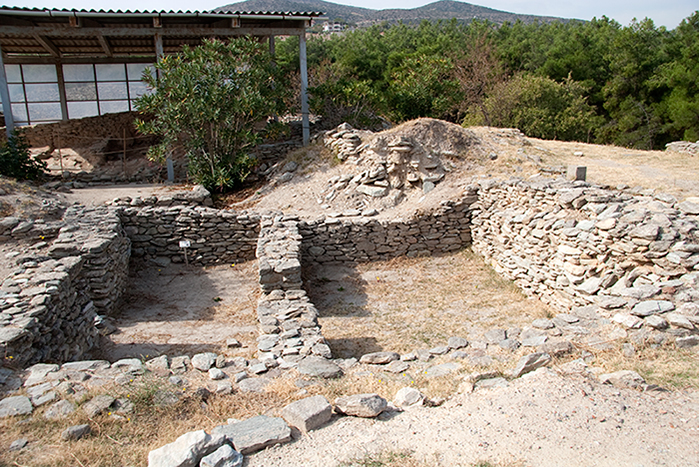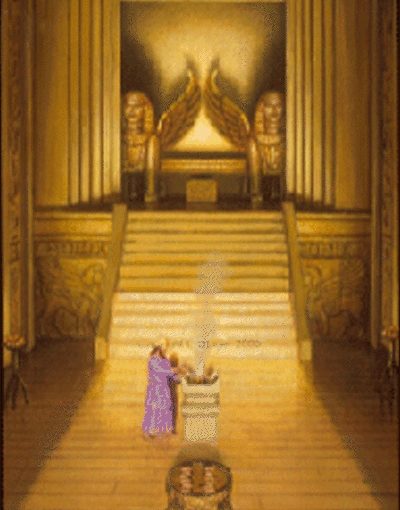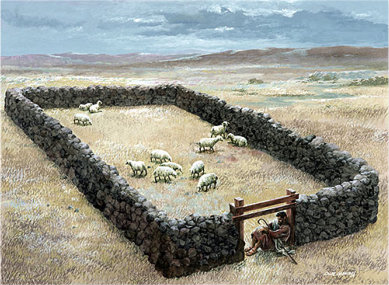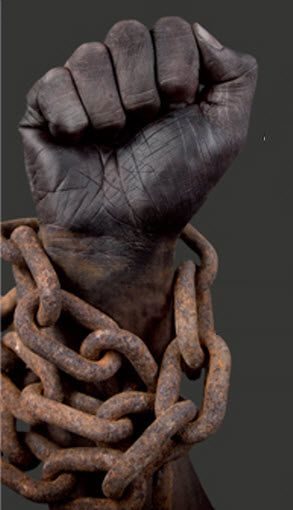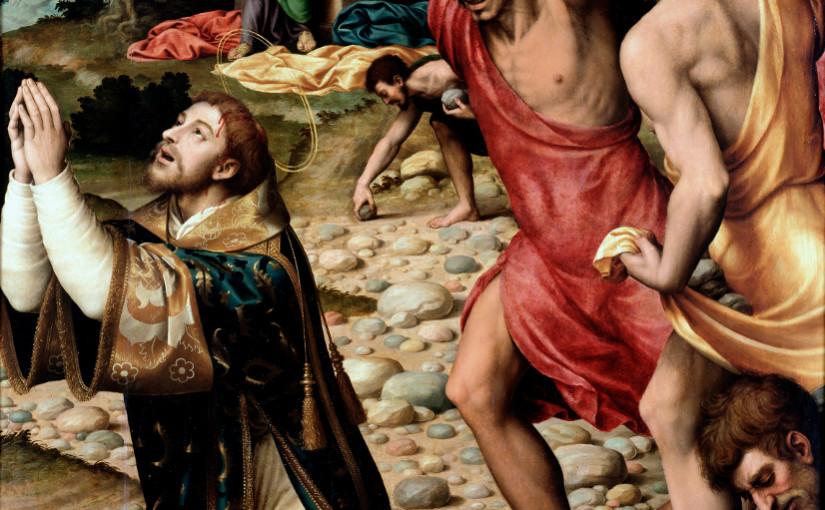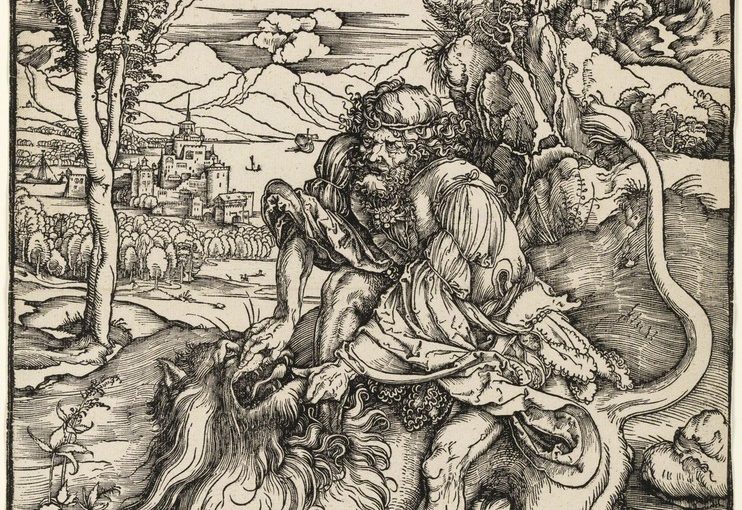Now may the Lord of peace Himself give you peace
always in every way. The Lord be with you all.
2 Thessalonians 3:16
Stress – Comes from rush hour traffic, crying babies, whining toddlers, ungrateful teenagers, and nagging spouses. It compounds as bills increase, the work-load becomes heavier, and the tyranny of the urgent becomes oppressive.
Anxiety – The fear of not knowing what comes next; the unease that stems from all the negatives of the status quo, and the worry that things won’t get better; they’ll only get worse. Oh-oh, here comes the panic attack.
Frustration – Knowing what I want and not knowing how to get it. Sometimes it’s even not knowing what I want, but knowing that, whatever it is, I don’t have it.
Depression – That sense of hopelessness, heaviness, and weariness and feeling all alone. It’s sitting for hours in a dark room and not doing anything except fighting a battle of ideas in the mind.
Nightly News – Poor economy, unemployment, racial tensions, scandals, wars, terrorism, unrest in the Middle East, famines, epidemics, and this year’s storm of the century.
Humanity cries out for peace, but there is no peace. The world wants problems to go away, but that doesn’t bring peace, because more problems just come to take their place.
Paul prayed that the Thessalonian church would experience the true peace that only the Lord of Peace could give. That peace would cover every category mentioned above and would last always.
The Lord Jesus wears many titles, but when all the little and big things of life get us down, we need to approach Him as the Lord of Peace. Christ gives peace to those who need it. He owns it. He’s the boss of peace. Where the Savior goes, peace has to follow.
So let stress, anxiety, frustration, depression, and the nightly news be put on notice. If you all come around to bother us, we’re going to call directly on the Lord of Peace.
October 29

